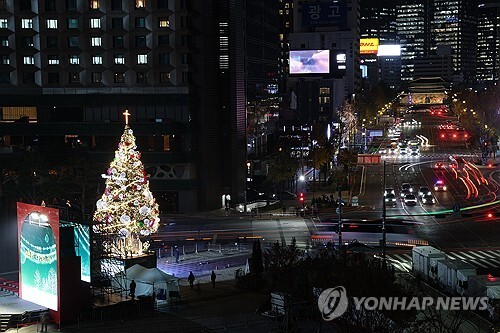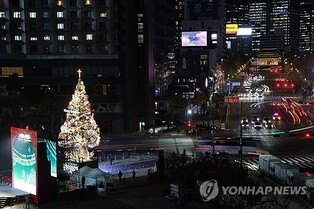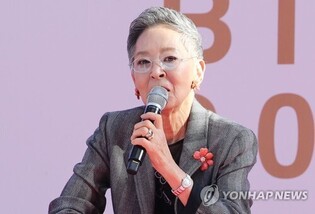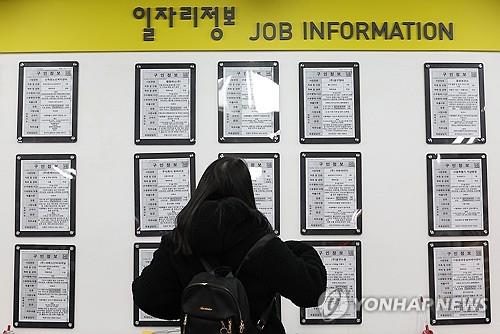 |
| ▲ A jobseeker checks job posts at an employment center in Seoul in this March 17, 2025, file photo. (Yonhap) |
BOK-labor market
Rehiring after retirement better than extending retirement age for boosting productivity: BOK report
SEOUL, April 8 (Yonhap) -- Reemploying workers after retirement is more effective than simply extending the retirement age in keeping senior citizens more productive and active in the labor market, a central bank report said Tuesday.
According to the report by the Bank of Korea (BOK), South Korea's labor force is projected to shrink by 1.41 million workers over the next decade due to demographic changes, which is expected to reduce the country's gross domestic product (GDP) by an average of 0.33 percent per year.
Under the circumstances, it is an urgent task to create a labor market where senior citizens work longer and more productively, but the extension of the statutory retirement age without wage adjustment would rather cause side effects, the BOK said.
"If the retirement age is extended without reforming the seniority-based wage system and other market rigidities, we would continue to experience such side effects as a decline in youth employment, more early retirements and the dual structure in the labor market," Oh Sam-il, chief of the BOK's employment research team, said.
"As of last year, 8.24 percent of companies adopted post-retirement reemployment systems. If the wage system is flexible, companies are willing to retain skilled workers through rehiring," he added.
If the proportion of employees who work until the age of 65 increases to over 50 percent over the next 10 years, the country's economic growth rate is projected to go up by 0.9 to 1.4 percentage points, or 0.1 percentage point annually, the BOK said.
In 2016, South Korea extended the legal retirement age of its workers to 60. Previously, the retirement age of 60 was recommended, not a must, and all government offices and most private-sector businesses retired their workers between the ages of 56 and 58.
Following the measure, the employment rate of wage workers aged 55-59 went up by 1.8 percentage points, or around 80,000 workers, between 2016 through 2024.
But the employment rate among wage workers aged 23 to 27 declined by 6.9 percent, or about 110,000 people, during the cited period.
"The sudden extension of the retirement age without changes to the wage system appeared to have prompted companies to reduce new hiring to cut labor costs," the report read. "Companies have also tried to offset burdens through early retirement and other personnel policies."
The BOK called for a phased approach for the implementation of rehiring systems, where the government would encourage companies to voluntarily adopt the system by offering incentives before gradually making it obligatory.
(END)
(C) Yonhap News Agency. All Rights Reserved


















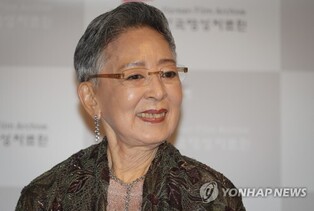

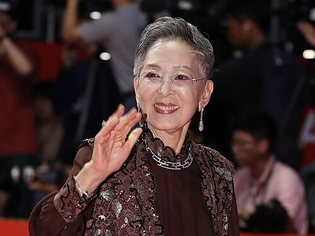

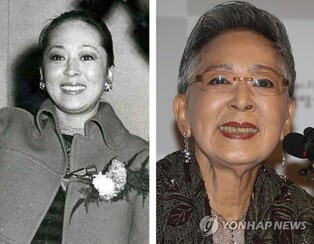

![[가요소식] 지코, 요아소비 이쿠라와 신곡](/news/data/20251212/yna1065624915953509_920_h2.jpg)
